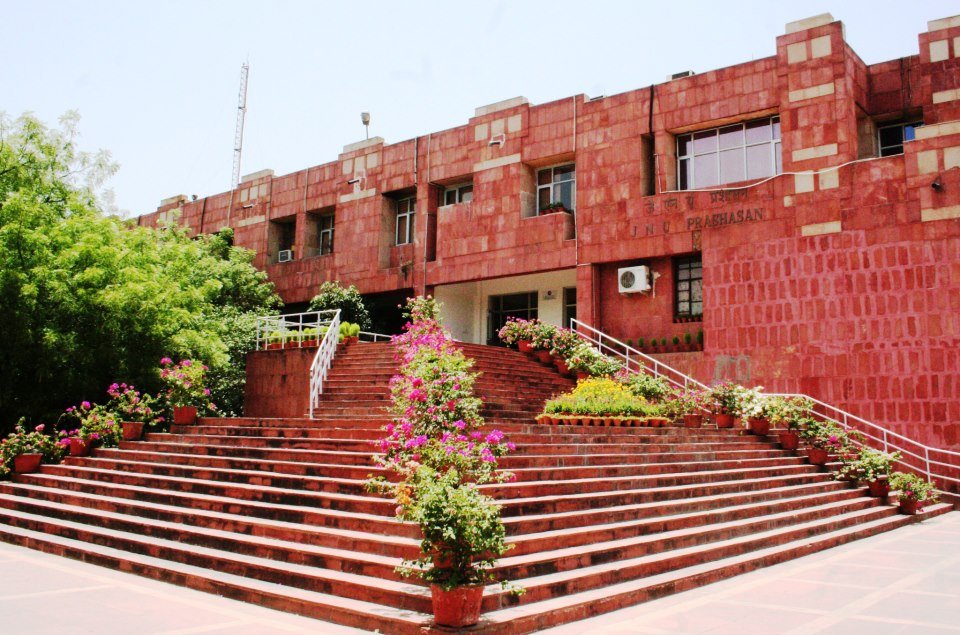Jawaharlal Nehru University (JNU), which has been at the centre of controversies for over a year, has bagged the annual ‘Visitor’s Award’ for the best varsity in the country.
JNU has been hogging limelight for all the wrong reasons since last February when three of its students were arrested on sedition charges in connection with an event on campus during which anti-national slogans were allegedly raised.

The varsity administration and students have been at loggerheads since then over various issues including curbs on protests, amendments in admission policy and massive seat cut in MPhil and PhD courses.
Despite all the negative limelight, the varsity has been recognised by the Visitor.
“The winners of Visitor’s Award for ‘Innovation’ and ‘Research’ will receive a citation and cash award of Rs one lakh. The awards will be presented during a function as part of the ‘Festival of Innovations’,” the statement said.

JNU Vice Chancellor Jagadesh Kumar will receive the award including a citation and a trophy from President Pranab Mukherjee at an event at the Rasthrapati Bhavan on March 6.
“Deepak Pant from Central University of Himachal Pradesh has won the Visitor’s Award for ‘Innovation’ while the Visitor’s Award for ‘Research’ has been jointly won by Shyam Sunder from Banaras Hindu University and Niranjan Karak from Tezpur University,” a Rashtrapati Bhavan statement said.
Last year, Rakesh Bhatnagar and the Molecular Parasitology Group of JNU had won the Visitor’s Awards for “Research” and “Innovation” respectively. Mukherjee had announced institution of these awards in 2014 with the aim of promoting healthy competition among Central Universities and motivating them to adopt the best practices from around the world in pursuit of excellence.

While Pant has bagged the award for development of a reactor for direct conversion of waste plastic to LPG in small scale, Sunder will be awarded for his work in the area of diagnosis and treatment of Indian Kala-azar.
Karak has been recognised for development of renewable resource based bio-degradable hyper-branched polymer nano-composites as self-cleaning, self-healing and bio-compatible smart sustainable futuristic material.
(Feature image source: PTI)

















